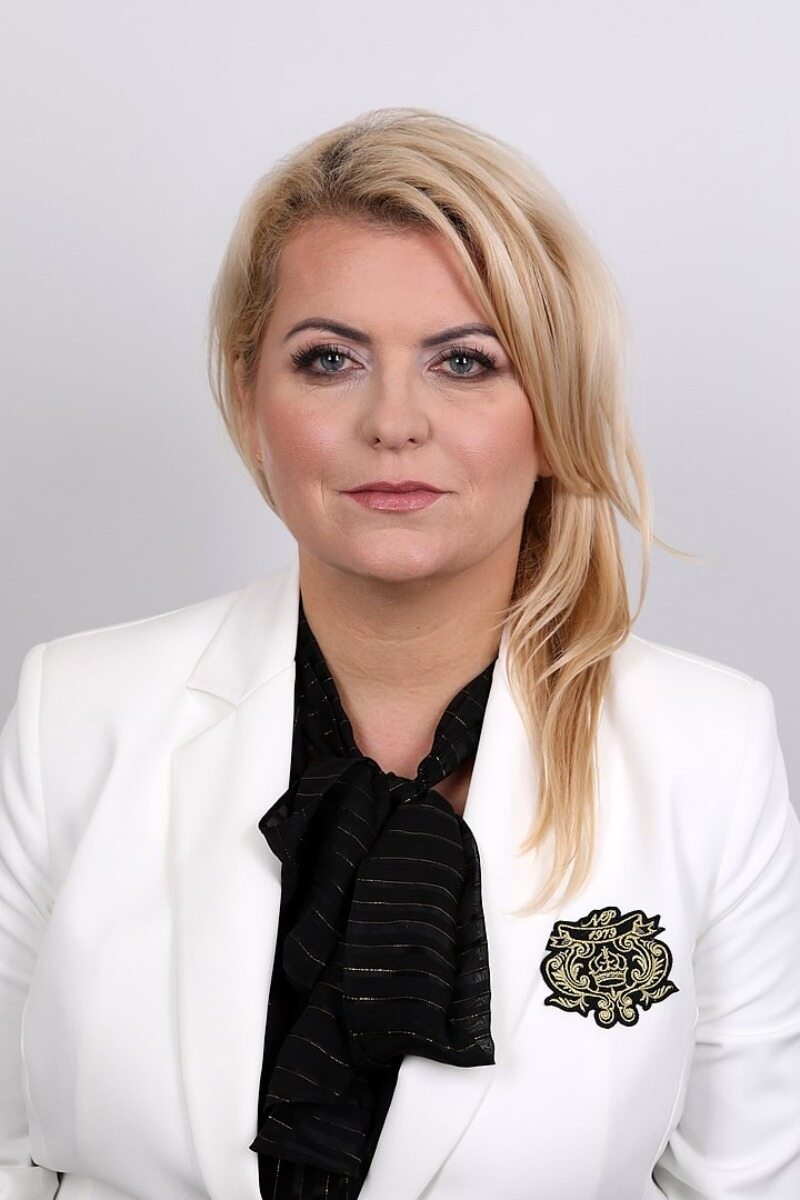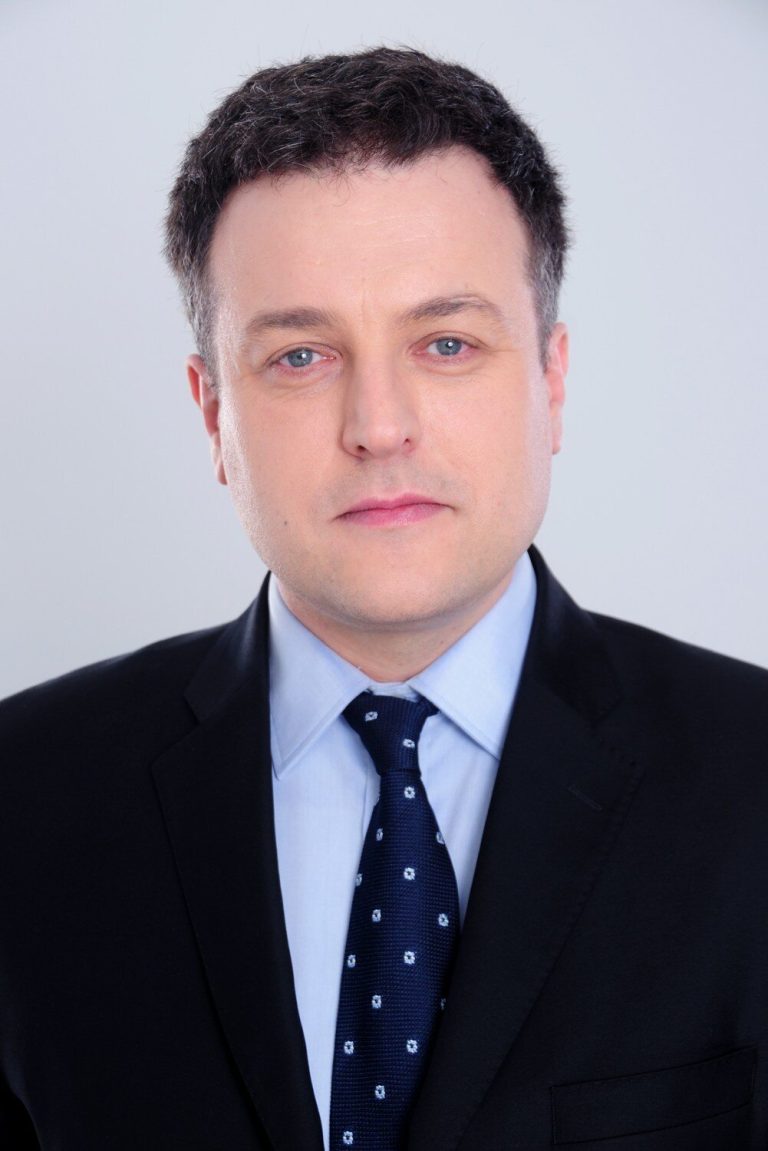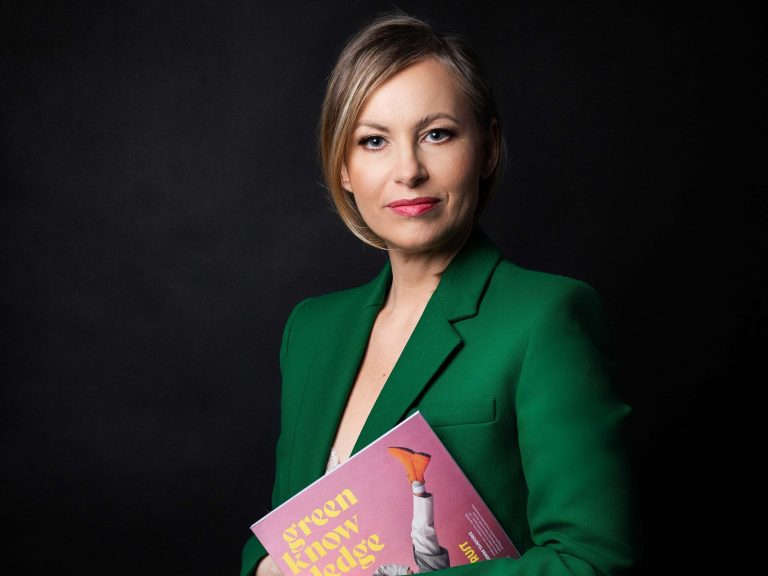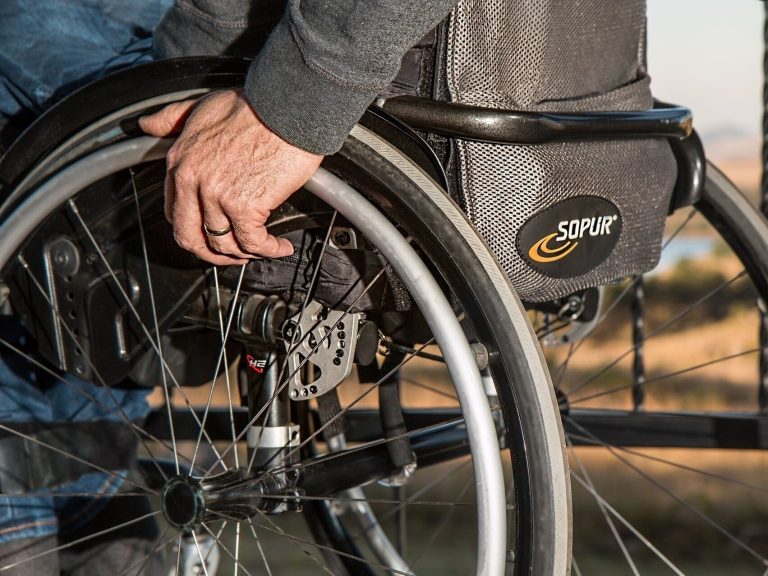Senator Gorgoń-Komor (KO): We cannot always be at the tail of Europe. Changes needed in health care

We have 200 thousand unaccounted for deaths from the pandemic period, queues to specialists, and Poles live several years shorter than residents of Western Europe. To change this, it is not enough to increase spending on health care. Medicine is changing rapidly, we have to keep up with it. We either get on the pendolino or stay on the platform – says senator Agnieszka Gorgoń-Komor, MD, PhD, a cardiologist.
Katarzyna Pinkosz, Wprost: As a cardiologist: how do you evaluate the Polish health care system?
Senator Agnieszka Gorgoń-Komor, MD, PhD: First of all, I believe that health care issues should transcend political divisions. It would not be good if, after changing the Minister of Health, we changed everything that the previous team did; some things were good and need to be continued. Unfortunately, our health care system is generally inefficient today. We have a huge health debt after the pandemic. We can talk about an efficient health care system when we have good health indicators, reduced morbidity and lower mortality. Unfortunately, life expectancy in Poland has been decreasing since 2019. We still have 200,000 unsettled. excess deaths during the pandemic.
What do you understand by the term “unsettled” PLN 200,000? deaths?
During the pandemic, we had over 200,000. excess deaths. Approx. 50 percent of them were deaths due to COVID-19. However, so far there has been no analysis of why patients died prematurely or, for example, why patients suspected of having cancer did not have access to diagnostics. Currently, the medical community is sounding the alarm that patients have a lot of advanced cancer. The situation in cardiology is similarly bad.
It would be very important to perform an analysis showing the causes of death. In my opinion, all failures should be analyzed to draw conclusions for the future. We also need to draw conclusions on how to reduce the “health debt” that arose during the pandemic. That’s why I say the system is inefficient.
How do your patients assess their treatment options today?
Patients most often complain about queues. The abolition of limits in outpatient specialist care (AOS) has changed little. The queues have not decreased at all because there are too few doctors and nurses. Patients, fearing for their health, often decide to visit private healthcare and pay for the visits. This is not an efficient public health care system.
However, are there things that you evaluate positively?
Yes, e.g. e-Health; during the pandemic, the situation forced us to quickly learn how to use e-prescriptions; very good. However, prescription dispensers are a thing of the past, where patients can get virtually any prescription they want for money. The limit of common sense has been exceeded. The patient should always be examined by a doctor before a prescription is issued.
Another thing is tele-advice: during the pandemic, I provided tele-advice only for a week. I would not be able to practice as a doctor using teleconsultation if I want the patient to benefit from the visit.
If you became Minister of Health: what would you urgently change?
These are not only my demands, but those of representatives of many medical professions in general; We already held meetings on this subject in the previous term of the Senate.
What is important, above all, is that spending on health care increases. The average in Europe today is 8%. GDP; in Poland – only 4.7 percent GDP (I am talking about GDP for the current year, not from two years ago). This is too little to be able to implement new technologies and the latest treatment guidelines.
Moreover, over 80 percent hospital expenses are salary costs; so how to implement new technologies with the remaining money?
Another problem is that young doctors do not want to work in hospitals and choose specializations that involve the risk of criminal liability, e.g. for health damage or death of a patient. Young doctors say that they do not want to feel the breath of the prosecutor’s office every day while practicing their profession. Of course, being a doctor involves great responsibility, but I believe that the non-fault principle should be introduced. Reward those who perform their profession very well and “catch” errors in order to correct them and improve the quality of medical care.
It is also important not to waste money. Not every hospital has to have an MRI or CT scan. The system also needs to be sealed so as not to repeat the tests unnecessarily.
It happens that a patient has a tomography performed in one center and then goes to another center where the examination is repeated because the other center wants to have the examination performed at its own facility. However, this is a waste of money and, e.g. in the case of tomography, endangering the health of patients.
And it doesn’t speed up the diagnosis either…
I believe it is worth creating a central register of imaging tests. If the doctor wants to repeat the examination, it is only in very justified cases, e.g. if there are doubts about the technical quality of the examination.
Life expectancy in Poland is several years shorter than in Western Europe. How to change it? We don’t have different genes than the people of Italy or France…
We know that medicine affects our health only by 10-15%. In over 80 percent lifestyle is responsible for this. The most important thing is prevention, while in Poland preventive tests account for 20-30 percent. patients. This needs to change.
How to encourage Poles to undergo preventive examinations?
As a doctor, I encourage my patients to undergo examinations, but there should be extensive educational campaigns as well as benefits for people undergoing preventive examinations. I believe that, for example, dental prophylaxis can also be linked to the child’s entry to kindergarten and school; link preventive programs with occupational medicine. I believe that preventive examinations should be developed for working people aged 30 plus, 40 plus and 50 plus, which should be performed as part of occupational medicine. Many non-governmental organizations include health education in their activity profile, and these organizations can be used for cooperation, also organizing local preventive campaigns. It is important that these are not one-time actions. We also need to focus on health education at the early school stage, because children learn good behaviors that will pay off in the future.
Many patients see a doctor very late, in very advanced stages, also because of such myths that “it is better not to be examined, because doctors will always find something.” Doctors’ thinking should also change, because many diseases do not cause symptoms for a long time. It is necessary to be vigilant and look at the patient as a whole, but very often a specialist looks at the patient from the point of view of his specialization and treats “his” disease.
Another thing is new technologies.
Medicine is developing so quickly that if we want to be part of Europe, we must develop new technologies, adopt new treatment standards, and stay up to date. We cannot stay behind Europe forever. We either board the pendolino or stay on the passenger train or on the platform.
Patients should also know what they are entitled to under health insurance.
There are too few doctors in Poland, but an issue that is causing great controversy, especially among doctors, are the new schools educating doctors, some of which are not accredited by the Polish Accreditation Committee (PKA). Should they be closed?
I believe that universities that have traditions and have been educating doctors for many years should be developed. A branch of the Medical University of Silesia has recently been established in Bielsko-Biała, educating doctors. We have been trying to achieve this for a long time, the authorities of Bielsko-Biała were also very involved in helping us, I also strongly supported the establishment of a branch of the Medical University of Silesia in the capital of the Podbeskidzie region, whose reputation guarantees the quality of education.
Currently, new universities educating doctors have been established in many cities, but some of these universities do not have, for example, their own dissection departments or their own clinical base. Students cannot learn anatomy from an atlas; they must also learn, for example, respect for corpses. People who educate students must also teach them ethics. Some of these universities did not meet the requirements of the Polish Accreditation Committee and were not accredited. I believe that, taking responsibility for the quality of education, it will be necessary to inspect new universities and close those that do not meet the criteria; while those that prove that the quality of their education is good should remain. However, there certainly cannot be a situation where a trainee doctor is the dean of a faculty.
Senator Agnieszka Gorgoń-Komor, MD, PhD, is a specialist in internal diseases and cardiology, deputy head of the Department of Cardiology and Cardio-oncology at the Bielsko Oncology Center. She co-organized “white Saturdays” and “white Sundays” for the preventive diagnosis of circulatory system diseases and lifestyle diseases, and was a co-organizer of the Beskid Heart Day. He is the president of the Beskid Branch of the Polish Medical Society. In the previous term of the Senate, she was a member of, among others, Health Committee, Family, Senior and Social Policy Committee.






